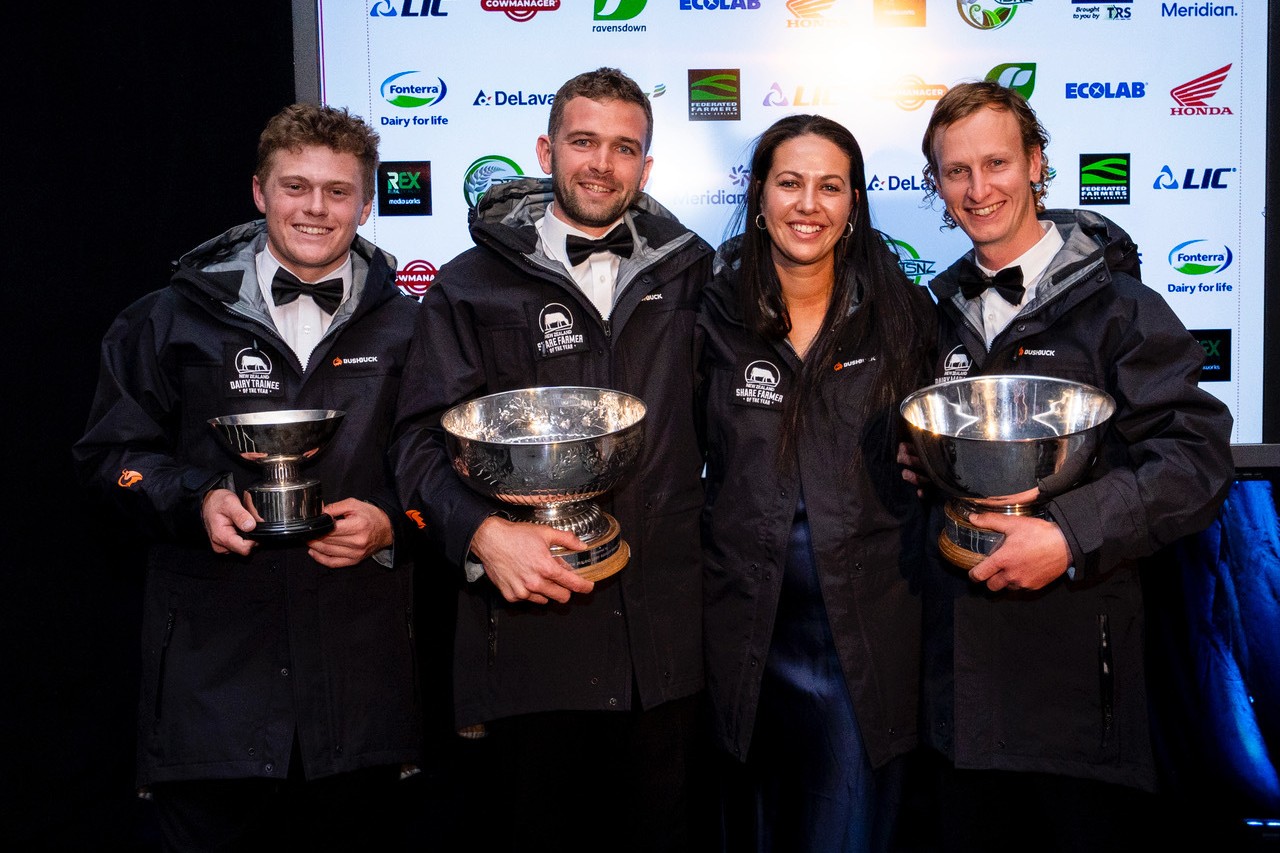So here we are at the start of another year…full of hope.
Will it be another Covid-induced groundhog year? Or will this be the one where we actually come out of the other side of the pandemic and move into the new normal?
I can’t see us ever going back to the pre-pandemic days of jumping on planes and travelling the world without a mask or scanning device in sight, but it would be nice to at least carefully kick-start the tourism industry and have the odd overseas holiday.
This year 2022 will have some hard stuff for dairy farmers – the finalisation of He Waka Eke Noa or moving into the ETS will not be easy or palatable, but at least it is coming at a time when the payout for dairy solids could potentially be at an all-time high.
Because of the high payout and scarcity of good dairy workers, wages are likely to keep going up, which is a good thing for the workers, not so much for farm owners. Other costs are also under huge inflationary pressure and as always cost control and monitoring the budget are important.
In our special report on contract milking, it’s great to read about the fantastic growth in equity some contract milkers are achieving, with a mix of good production, controlling operating costs and running a successful contract milking business.
We profile a couple of very successful contract milkers and talk to DairyNZ experts. Their recent analysis of contract milkers’ financial records show the top 25% of contract milkers can save up to 30% of their income to grow their equity, with an average equity growth of $97,000/year over the past three years – which they compute is equal to an annual salary of $245,000 in a town job.
Not many couples in town jobs would have that level of combined income, nor would they be saving that much over and above their expenses, so we can confirm the dairy industry is still full of opportunities for growing great businesses.
Top tips from five sharemilking couples drill down into their combined experience and wisdom which are mandatory reading for anyone embarking on the contract milking journey.
As always, communication is highlighted as a very important skill – in each contract milkers’ new role of managing staff and also for managing the relationship between themselves and their farm owner.
Owl Farm in the Waikato has managed to overcome their growing lameness problem, using data, systems and new processes and results are good for the cows and the bottom line.
And a group of young people in South Waikato have banded together to form an innovative and very diversely experienced company providing relief and casual workers for the farming industry – resulting on well-paid, interesting and satisfying roles for them. Sounds like a lot of fun.
Jackie





